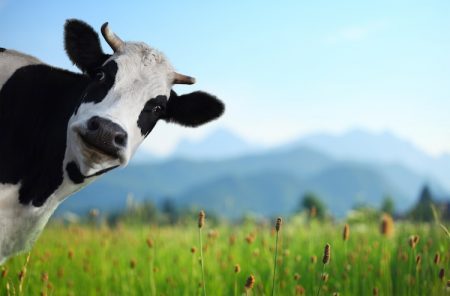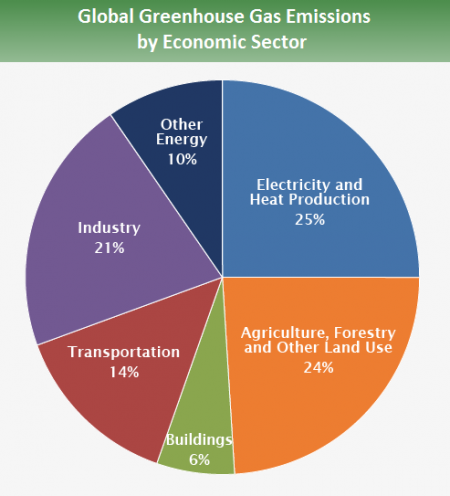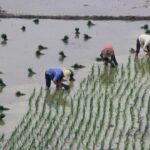December 4, 2016 – Earlier this month I wrote about a methane gathering backpack for cows invented by the National Institutes of Agricultural Technology in Argentina. Now add to this another methane reduction strategy involving dairy livestock that comes from Canada.
A Prince Edward Island (PEI) farmer in Canada’s smallest province has been feeding seaweed to his dairy cows. He collects it from a nearby beach. He started this practice to save money but now it appears the savings are more than money. It seems the local PEI seaweed reduced methane flatulence in his cows by 20%.

Joe Dorgan, had his own dairy farm near the northwestern end of the island province. Many of his cows grazed near the seashore occasionally feeding on seaweed thrown up by the tide each day. He raked and gathered the seaweed (see image below) and eventually started selling it to other local farmers. Seaweed-fed cows states Dorgan were healthier and produced more milk.

Eventually he decided he wanted to be in the seaweed feed business and sold his herd. He had the product evaluated by Rob Kinley, on the faculty of the Department of Agriculture at Dalhousie University in Nova Scotia. Then Dorgan applied to the Canada Food Inspection Agency to get approval to sell it.
Kinley wanted to find out if seaweed in other parts of the world could be used as cattle feed and if it would have the same methane reduction impact. He started a global search that took him to Australia where he found what he calls a “super seaweed.”
Why super?
States Kinley, “In the laboratory it was a bit of a shocker when I first found it because I thought the instruments weren’t working properly because I couldn’t find methane at all. It was reducing methane below the detection limits of the instruments we were using. I had never seen that before.” The cows and sheep fed the seaweed still have flatulence but its almost methane free. The next step is to begin large-scale cultivation of the super seaweed.
Today a number of companies use seaweed as raw material for cosmetics, pharmaceuticals and fertilizer. But with its carbon reduction value it would appear that animal feed to ruminants represents a new use with a significant benefit to agriculture. This could be a very effective strategy for global agriculture to reduce its greenhouse gas contributions which today represent between 15 and 25% of global carbon emissions.










[…] in 2016, a Canadian farmer on Prince Edward Island introduced seaweed he collected from local beaches into the diet of his […]